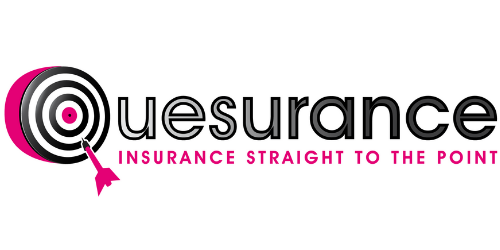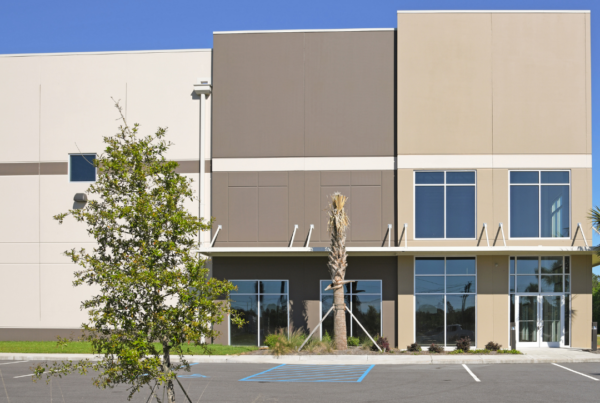
Analysts can create a business forecast for your company. However, this report will not be able to protect you from unforeseen disasters, although it from historical data and can reliably predict future sales and estimate expenses. Commercial insurance can.
This move is a strategic purchase. If you doubt this, you should take a quick break from your responsibilities and read this carefully.
What Is Commercial Insurance?
Commercial insurance covers losses arising from risks not covered by a business policy or other means. Generally, insurance is a risk management option covering damage due to several events.
The main feature of this insurance is that it targets businesses. It is a special policy covering a specific group of risks associated with specific commercial activities. For example, suppose your company sells office equipment, such as computers. In that case, the commercial insurance policy will cover losses related to the property’s value and damages from theft and robbery.
It also covers injuries that arise from commercial activities. Suppose your company owns warehouse space and leases it to a third party. Commercial insurance will cover the costs and compensate the injured party if a third party gets injured while using your property.
It is also a good option if your company has employees. This type of insurance is essential for protecting employees and their families.
How to Find Suitable Coverage?
To find suitable coverage, ask yourself these questions:
- What policy is best for your business?
- How much money will it cost for the company?
- How much money will it cost for the policy?
- How much money do you want to spend on an insurance policy?
The answers to these questions will help you narrow down the list of insurance companies and policies. For example, if the company’s primary business is to sell a specific product, the policy will cover the material cost, production, and distribution.
Another essential thing to consider is the nature of the business. If your company sells and repairs large vehicles, it will need a commercial policy that caters to larger vehicles. If the company sells small and medium-sized cars, it will require a policy covering them.
What Happens If My Company Grows?
You should update your coverage as your business expands. As your company grows, you should adjust the coverage to match the company’s new status. The same case applies if your company shrinks. For example, if your company’s sales fall in a few years, you should adjust the coverage to lower your insurance payments.
It is always important to consider how insurance will protect your company in the event of any business loss. For example, you should look for a policy that will cover your company from theft, accidents, and injuries. You should also consider purchasing a policy covering the legal costs if your company is sued.
Conclusion
Commercial insurance should always be part of a business plan. Even if you are looking for a small-scale business, it is essential to obtain a suitable policy. It will cover any potential risk, leaving you safe from losses and damages.
Now that you know the basics of commercial insurance, you should not hesitate to contact Quesurance. We will find the suitable coverage for your business. Get a quote now!





